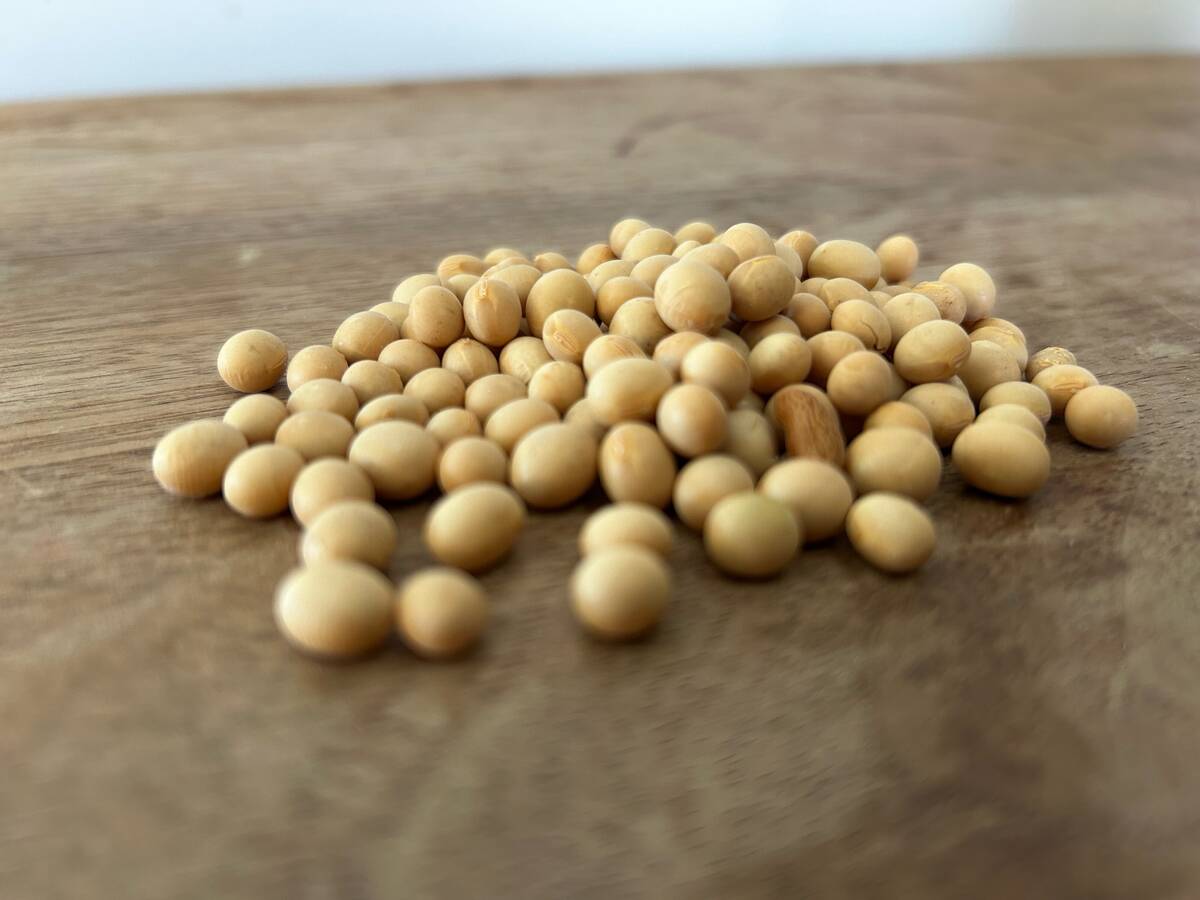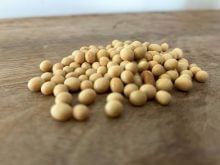Legumex Walker Inc. has sold its minority stake in one of Saskatchewan’s largest pulse processing plants.
The company sold its 20 percent share in Blue Hills Processors (2003) Ltd. back to Blue Hills Ventures, a farm-owned company that now own 100 percent of the Avonlea, Sask., plant.
“Our relationship with Blue Hills has served us well for a number of years as we’ve been both a substantial minority investor and, at times, its largest customer,” said Anthony Kulbacki, Legumex Walker’s chief financial officer.
“Because of our progress in optimizing our own processing capabilities, we will be better positioned to meet our processing needs through internal resources,” he said.
Read Also

U.S. grains: soybeans firm ahead of USDA data
Chicago soybeans ticked up slightly on Wednesday as traders adjusted positions ahead of the release of official U.S. data on global supply and demand on Friday, the first update in weeks, but prices were capped by a lack of large Chinese purchases.
“As a result, it’s the right time to monetize our investment in Blue Hills and redeploy the capital elsewhere.”
The return was $1.8 million on an investment that originally cost Walker Seeds Ltd. $440,000 in 2003.
Blue Hills director Bill Nelson thanked Dave Walker for his help and guidance during the early years of the company. He said it will be business as usual for plant customers.
“It shouldn’t affect anybody that has been dealing here. We’ll have the same type of bids that we’ve always had.”
Walker Seeds was an essential customer when the plant first opened, but now Blue Hills deals with another 10 exporters.
“It’s not like it’s going to put us out of business. We still have lots of volume going through,” said Nelson.
The most pulses the company has processed in a year is 90,000 to 100,000 tonnes, but there is plenty of unutilized capacity. The plant is likely capable of processing twice that volume.
Blue Hills is undergoing an expansion that will further bolster its processing capacity. Storage will be increased to 15,000 tonnes from 12,000 tonnes, another receiving and bulk loading area will be added and possibly a third cleaning line. The hope is to morph from a 50 rail car to a 100 car loading facility.
The idea is to broaden the business beyond pulse crops into handling durum, canola and flax.
“That’s one of the directions we were going into that Walkers weren’t interested in,” said Nelson.
The expansion is about one-third complete. The pads are poured, the bins are purchased and some have been installed. Blue Hills wants to see how things evolve under the post-single desk environment before configuring the remainder of the bins and deciding whether another cleaning line is required.
Nelson thinks the Avonlea plant could be an attractive target for another buyer because it is situated in Saskatchewan’s second largest lentil growing region.
“We assume that may attract some interest, but to date we haven’t had anybody that has been knocking on our door. But I think there was a perception that it was a Walker plant before and this may change that perception,” he said.
He is not sure if the farmer shareholders would be interested in selling the facility.
“If somebody came with enough money, I mean everything is for sale for a price,” said Nelson.
Business has been slow lately because importers are having difficulty accessing credit due to the European banking crisis.
“There’s just not enough money around right now to fill the shelves. They’re buying hand to mouth,” said Nelson.
“We expect (sales) to be back by fall. We think that people can only go so long without food. Eventually you have to fill your shelf.”















